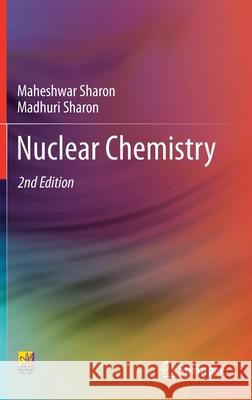Nuclear Chemistry » książka
topmenu
Nuclear Chemistry
ISBN-13: 9783030620172 / Angielski / Twarda / 2021 / 235 str.
Nuclear Chemistry
ISBN-13: 9783030620172 / Angielski / Twarda / 2021 / 235 str.
cena 323,53
(netto: 308,12 VAT: 5%)
Najniższa cena z 30 dni: 308,41
(netto: 308,12 VAT: 5%)
Najniższa cena z 30 dni: 308,41
Termin realizacji zamówienia:
ok. 16-18 dni roboczych.
ok. 16-18 dni roboczych.
Darmowa dostawa!
Kategorie BISAC:
Wydawca:
Springer
Język:
Angielski
ISBN-13:
9783030620172
Rok wydania:
2021
Wydanie:
2021
Ilość stron:
235
Waga:
0.53 kg
Wymiary:
23.39 x 15.6 x 1.6
Oprawa:
Twarda
Wolumenów:
01
Dodatkowe informacje:
Wydanie ilustrowane











